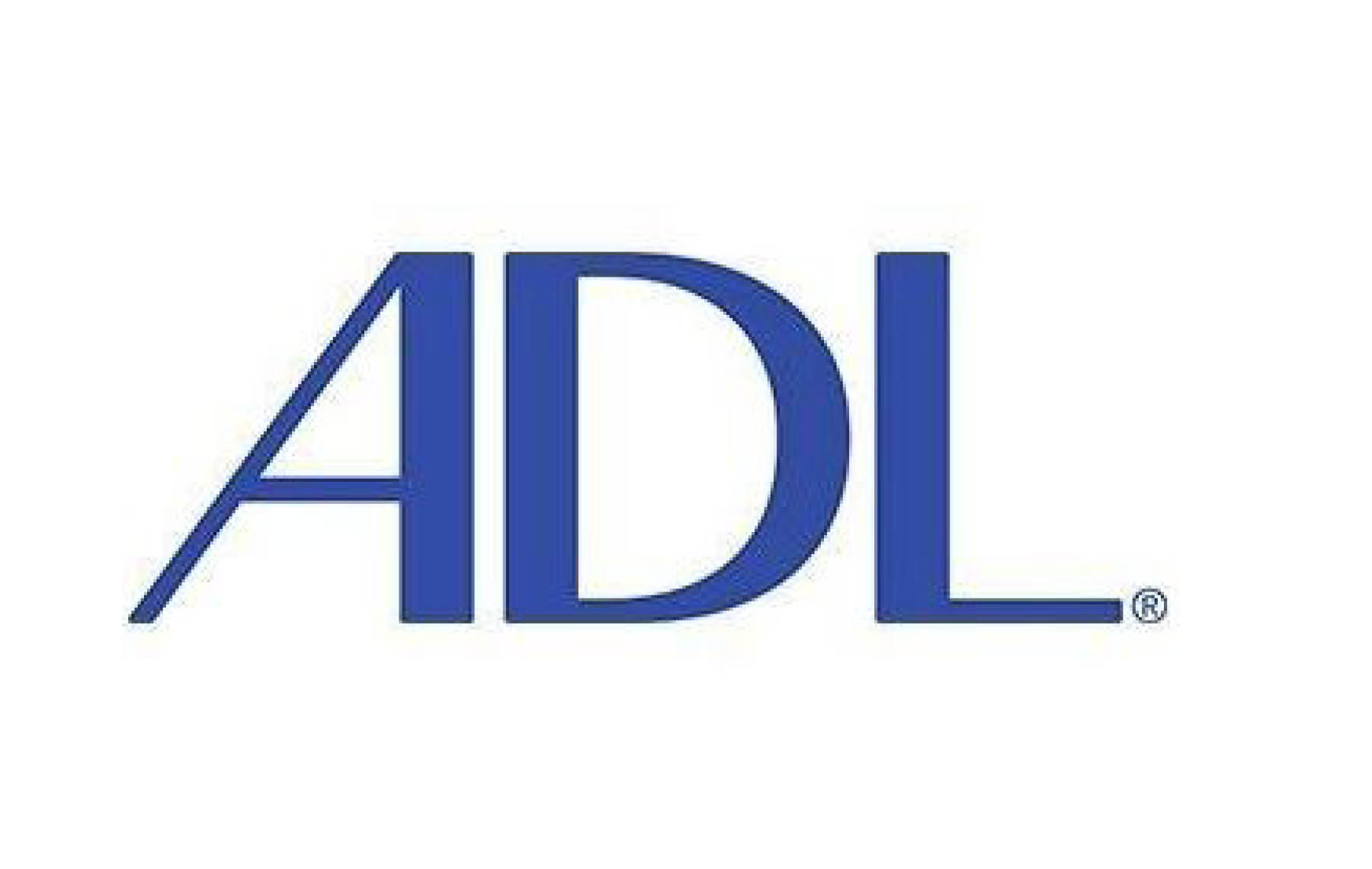
The Anti-Defamation League (ADL) held a webinar April 23 discussing the state of online education during the COVID-19 pandemic.
ADL CEO Jonathan Greenblatt hosted the webinar with Jim Steyer, the CEO and founder of educational advocacy nonprofit Common Sense Media. Steyer argued, “There is a huge inequality divide in the United States around education,” noting it was particularly stark when it comes to online education, as 15 million children don’t have internet access at home.
“The good news is that the COVID-19 epidemic … is laying bare the reality that poor kids don’t have the same opportunities as the Steyer kids and that’s not right,” Steyer said.
He went on to say the key to online education has three components: a tablet or a laptop, access to Wi-Fi or broadband connectivity, and quality educational content online. Most teachers don’t know how to teach classes online, Steyer said, which is why Common Sense launched a new website titled WideOpenSchool.org on March 31.
The Wide Open School site curates content resources for teachers and families transitioning to online learning. “We need to understand not just math and reading and science, but the other issues we run into in a 24/7 digital universe,” Steyer said.
Among the resources featured is content from National Geographic, Scholastic and the Khan Academy. Steyer said there are thousands of schools in the United States that aren’t currently offering any sort of online classes for their students, so Wide Open School provides those students with a daily schedule.

The schedule features “everything from ‘here’s how you can learn geography or history or math or whatever’ to fun live events,” Steyer said. On April 3, the site hosted a webinar with Bill Gates discussing science and climate change.
Steyer added the schedule also encourages children to exercise every day.
“You want [children] to have a normal, healthy day, even though we’re all cooped up inside,” he said.
Steyer also predicted education will never be the same after the pandemic ends. “Many more students are going to be using platforms like [Zoom] to supplement their day-to-day classroom activities,” he said, adding people are “going to realize the potential of this platform, if used wisely.”
“The good news is that the COVID-19 epidemic … is laying bare the reality that poor kids don’t have the same opportunities as [rich] kids, and that’s not right.” — Jim Steyer
He then discussed the issues of cyber harassment and cyberbullying, particularly when it comes to Zoombombing. “We see people interrupting Zoom conferences with hate-filled messages, with racist messages, with anti-Semitic messages, so it’s just bringing to the [forefront] the fact that the medium of the internet … can be subject to harassment,” Steyer said, adding there has been a rise in misinformation and hate during the pandemic.
“We’re seeing it even in some of the demonstrations across the county about reopening the country while people are still dying of COVID-19,” he said. “So it’s a great opportunity for the ADL and Common Sense to partner and educate the public.”

On the issue of children learning how to socialize, Steyer said, “In this particular period, we have to use technology for social interaction, but the one thing I don’t want people to think is that in the long run, there’s any substitute for interpersonal interaction,” he said.
Steyer believes platforms such as Zoom are the best way to communicate with other people during the pandemic because “you can see the other person … . I always think that’s better than the anonymity of text messaging.”
Steyer has been urging major tech companies to ensure families who are struggling financially have a device and internet access so everyone has the opportunity for a quality education online. “I think we will give every kid the opportunity to learn at home during this crisis,” he said. “And if we don’t, shame on the country.”





















 More news and opinions than at a Shabbat dinner, right in your inbox.
More news and opinions than at a Shabbat dinner, right in your inbox.